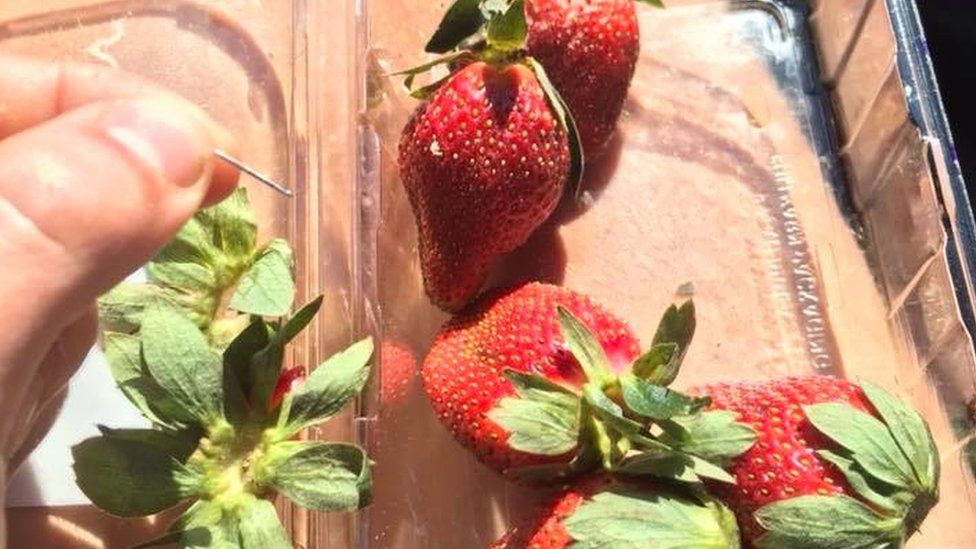



In an event that has devastated the Australian nation, a contaminated needle was planted in a strawberry. What is even more shocking is that the charges against the accused have been dropped. This is why members of the Queensland Strawberry Growers’ Association have expressed their severe disappointment. According to sources, the worker accused of committing this heinous crime has been given the benefit of doubt. The strawberry contamination case had raised extreme panic in the social media world. In fact, there were several ‘copycat’ cases that had cropped up as a result of this.
Many supermarkets, at that time, completely stopped stocking this fruit because customers were not willing to buy the fruit. Hence, this resulted in the wastage of this fruit all across the nation. In fact, the majority of this fruit was dumped at the peak of the Queensland and New South Wales strawberry season. Miss Trinh, the accused, was set to face a four-week trial in the Brisbane District Court but Judge Michael Byrne yesterday told Miss Trinh’s interpreters to relay to her that the prosecution has indicated that they will no longer proceed with these charges. She is now discharged and can leave the dock.
Berries Australia director Rachel Mackenzie said the one positive effect of the strawberry sabotage crisis had been much greater cohesion within the industry with crisis management protocols. Now, the care that is being taken shows utmost responsibility. According to Mackenzie, the sector had undergone massive changes. Everyone is now hyper-vigilant about these issues and there have been increased efforts around traceability. These are risks that not just happen on a farm but [also] all through the supply chain, and one of the most significant risks is actually from copycats.
Since the crisis in 2018, the federal government has increased the maximum prison sentence for food (strawberry) tampering from 10 to 15 years.
Article by: Hari Yellina (Orchard Tech)